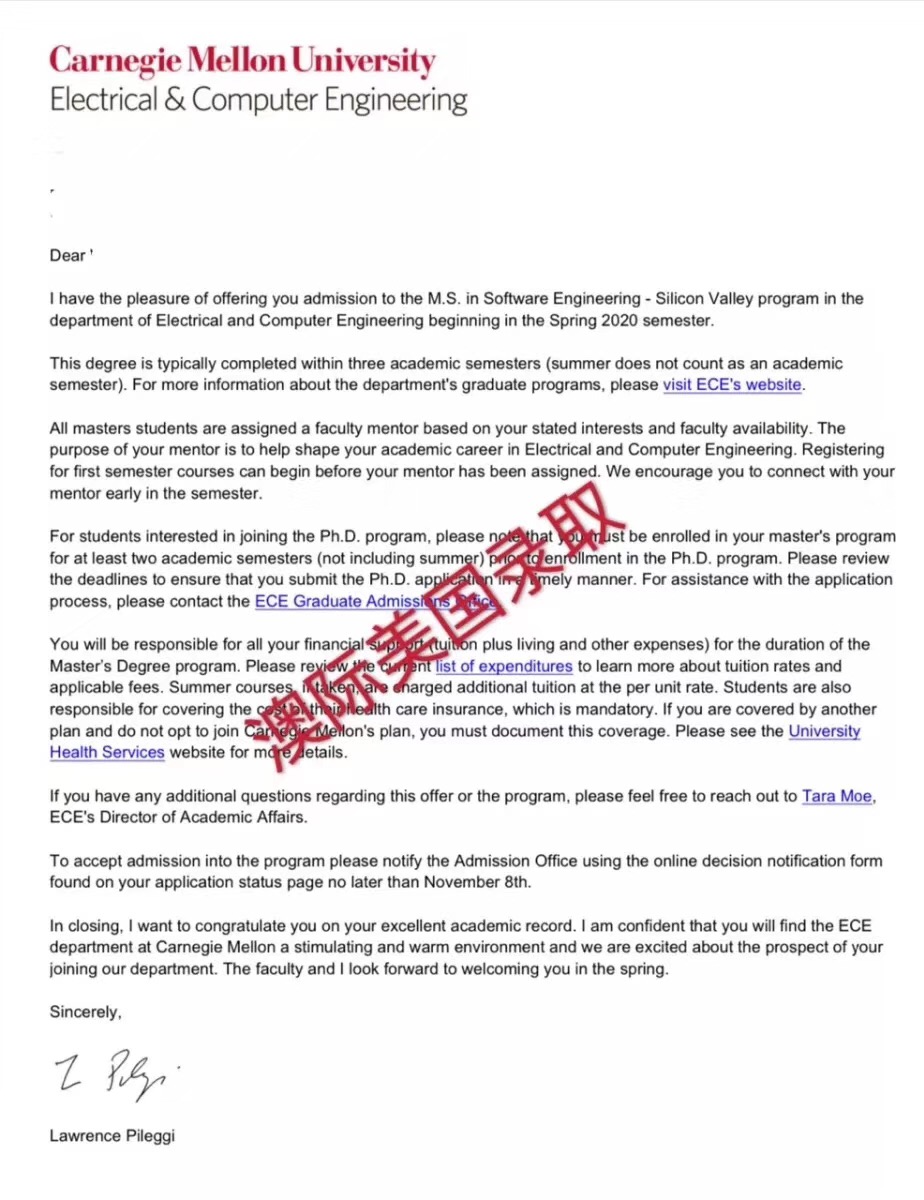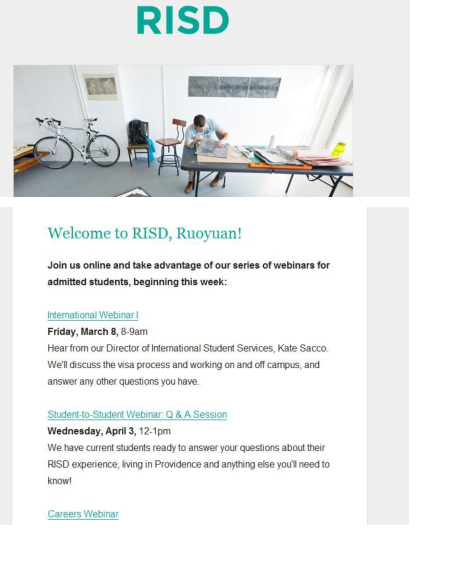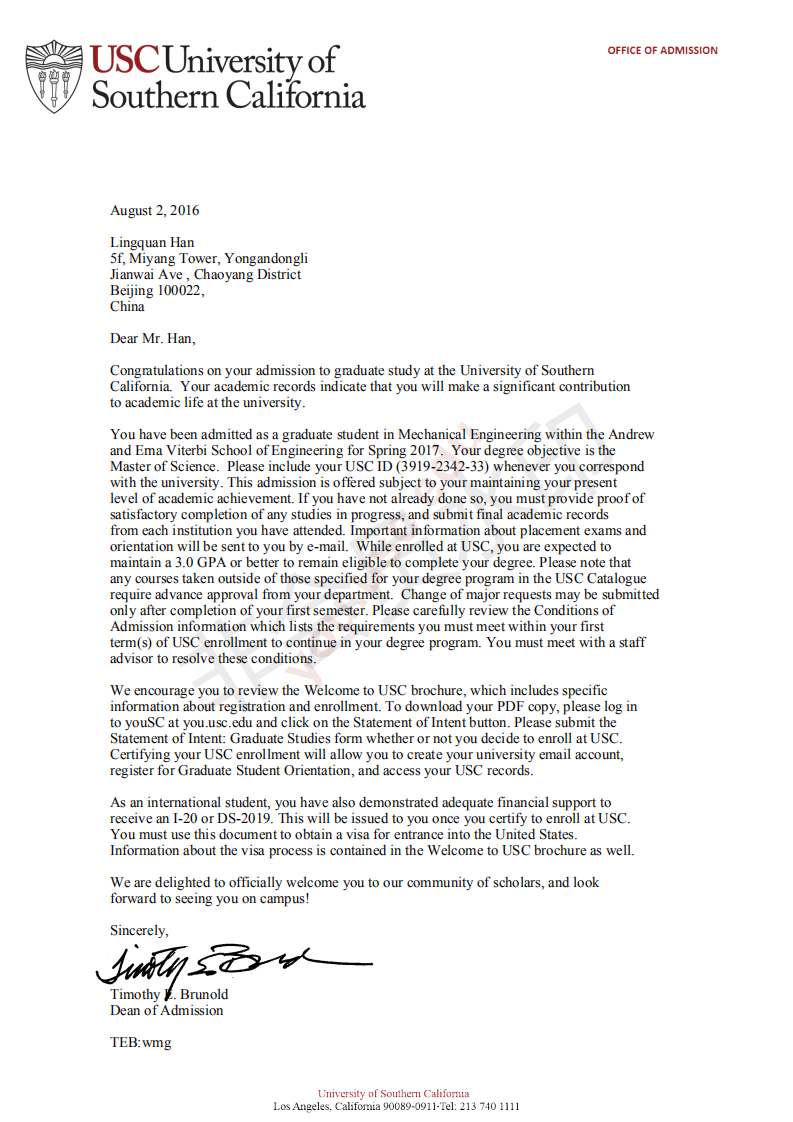2017美国研究生人类学专业PS申请范文
2017-08-16 289阅读
以下是一篇写的非常好的美国研究生人类学专业PS申请范文,给大家参考借鉴。美国研究生申请竞争异常激烈,所以希望申请美国大学人类学的同学要尽早准备,希望大家的申请顺利。

I was the only sixteen-year-old in my first university classroom. It was one of those dining moments where I was painfully aware of how different I was from the people around me. I had not yet graduated from high school, and yet there I sat in a class on personal and social adjustment, feeling an odd combination of excitement and anxiety. I distinctly recall my heart pounding and my irrational fear that, at any moment, someone would inform me that I did not belong there. I was considered an oddity at my high school as the only student in the history of the school to attend secondary and postsecondary institutions simultaneously as a fulltime student. I was reminded of the fact not through vast support from my school s faculty, but through blatant vocal discouragement.
In an environment where a large majority of residents live below the poverty level, it must have seemed strange that I would attend university early instead of applying for employment. The initial hardships of my first year in college did anything but deter me from wanting to study anthropology. Indeed, the adversity I experienced only succeeded in intensifying it. My high school classes were rather cold and clinical in their teachings, maintaining a firm adherence to stating and memorizing facts with little or no attempt to have students engage with the material. My interest in culture and my natural response to analyze, question, and participate was stifled behind state standards. In contrast, my fascination with culture was able to proliferate in postsecondary schooling as a result of a liberal arts education and my own proposed course of study.
My early education in anthropology started with a historical glance at cultural theory through works of influential pioneers like Malinowski and Mead. I became fascinated by the theoretical framework involved in cultural exploration, especially how cultural belis and values play a role in the every day lives of individuals. During a class on ritual and spectacle, I drove headlong and enthusiastically into ideas of ritual importance and its impact on societies. The subjects ranged from the roles of wedding rites to funerals, and I analyzed certain ceremonies and assessed the meaning of their various components. Another class taught by the same professor took ritual metaphor and applied it to narrative. The course addressed European stories from an analytical perspective, and I examined well-known folktales to yield their ritual symbology. I found myself impassioned by the idea of exploring beyond the superficial guise of narrative and seeing it as a meaningful way of expressing a society s basic belis and ideologies. Immersing myself in the works of other inspiring anthropologists, I examined texts on narrative form and nature, ritual metaphor and the importance of storytelling in culture.
My interest in storytelling resulted in the subject of my undergraduate thesis. I decided to focus on American narration, specifically concentrating on expressions of masculinity in men s magazines. It discussed dialogue in magazines as well as in teen male group settings, focusing on the conceptualization and presentation of gender in both circumstances. My overarching approach examined how masculine identity in the media has evolved over the last century. I further presented how manly behavior was glamorized in the text from three contemporary men s magazines, and juxtaposed it with an ethnographic work about how young men communicate and assert their gender roles.
My thesis topic is slightly removed from what I would like to study in graduate school, but the process familiarized me with the prerequisites required for social research. These included a delay in progress by routine realities, such as gaining IRB approval to interview and observe minors, as well as being forced to dig through the vast sea of material on women s magazines just to yield the limited data done on men s publications. The college that I attended also emphasized the importance of organizing one s own curriculum during junior and senior years. It was an unrestricted program in which the student consults with sponsors and plans his or her own course of study. This program approached the undergraduate thesis with the same level of intensity and professionalism as a graduate dissertation.
For my thesis, I assessed my topic and its requirements, ficiently planning my eventual course of study. I organized tutorials with my sponsors and established necessary reading lists that would contribute to my progress. Tutorial discussions allowed me to gain a broad scope of the research process and solidify my thesis into working theoretical, cultural and ethnographic papers. I earned permission to conduct fieldwork at a local Boys and Girl s club, and was approved to interview and observe the interaction between teenage males at the club. For six months, I listened to the things they considered to be important aspects of masculinity and used my time there as one example of teenage suburban expression of larger societal gender roles. I was able to further gain a taste of the graduate dissertation process when I successfully dended my undergraduate thesis during an oral presentation to my sponsors and an outside examiner.
The liberal arts education I received has given me the means to approach social anthropology in a perceptive manner and to consider the various intricacies that influence and shape certain aspects of culture. These were abilities that grew and thrived in an educational environment that allowed me to think critically about topics in anthropology and choose my own course of study. I emerged from college not with textbook facts floating around in my psyche, but with questions, thoughts and theories. I believe it is my undergraduate liberal arts background that provides me with an aberrant and perceptive approach to cultural anthropology.
During my hiatus between undergraduate and graduate education, I was able to step back from the research that captivated me for two years in order to reevaluate my goals in anthropology. While my break did not include leaving school for an extended period, I used the time to once again study broadly in the social sciences. By taking courses in psychology and other areas of anthropology separate from my undergraduate focus, I challenged myself further through exposure to different material and contrasting teaching styles, thereby gaining an educated and informed understanding of my intended course of study for graduate school. My extensive consideration of anthropology and the combination of both my undergraduate and post-baccalaureate education has given me the means to approach graduate school in a thoughtful and perceptive manner. Additionally, this hiatus gave me the ability to devote necessary attention to choosing graduate schools that will both challenge my views of cultural identity and allow me to excel in anthropology.
以上这篇美国研究生人类学专业PS申请范文,希望能给更多同学参考,希望大家的申请顺利!
您还可能关注:
留学咨询
更多出国留学最新动态,敬请关注澳际教育手机端网站,并可拨打咨询热线:400-601-0022
留学热搜
相关推荐
- 专家推荐
- 成功案例
- 博文推荐

Copyright 2000 - 2020 北京澳际教育咨询有限公司
www.aoji.cn All Rights Reserved | 京ICP证050284号
总部地址:北京市东城区 灯市口大街33号 国中商业大厦2-3层









陈瑶A 向我咨询
行业年龄 17年
成功案例 5146人
拥有大量高端成功案例。为美国哈佛大学、宾夕法尼亚大学等世界一流名校输送大批优秀人才。
齐亚楠 向我咨询
行业年龄 15年
成功案例 4070人
商科案例有哥伦比亚大学等,工科案例有麻省理工大学等,艺术案例有罗德岛大学等。
李君君 向我咨询
行业年龄 15年
成功案例 4157人
成功案例涉及美国排名前60的院校,专业涵盖商科(金融,会计,管理),工科(生物工程,化学工程,计算机科学,电气工程)等热门领域。
闫丽 向我咨询
行业年龄 19年
成功案例 6995人
成功办理了2000多名学生,申请到斯坦福大学、约翰霍普金斯、康奈尔等世界前30的名校。